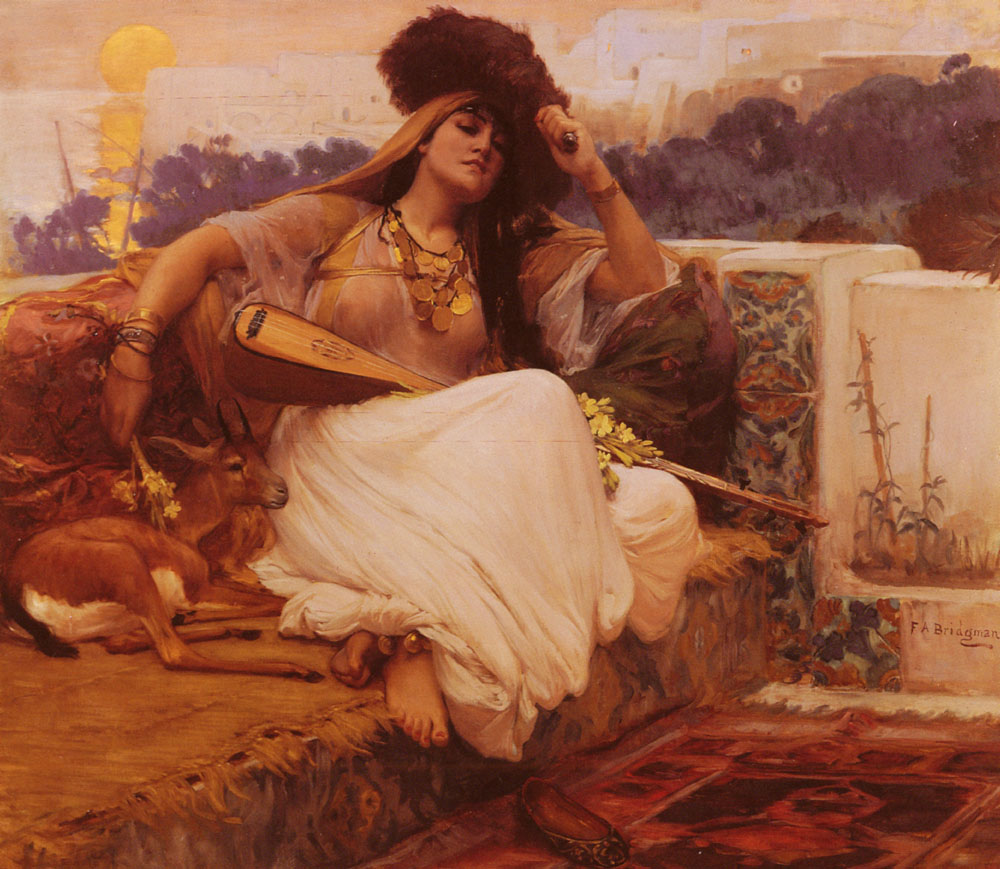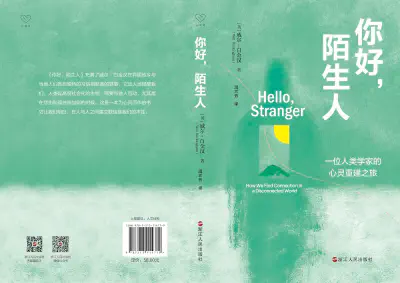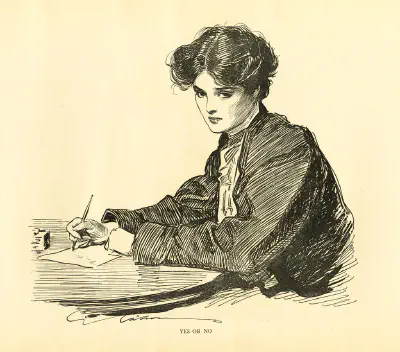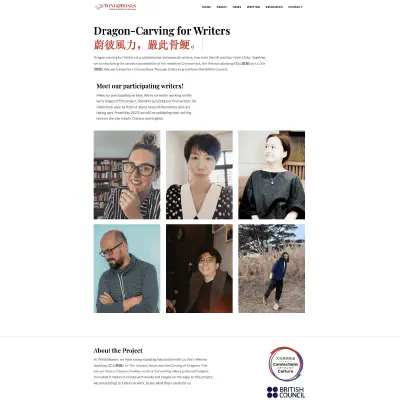I first came across Liu Xie’s classic meditation on literature, the Wenxin Diaolong (文心雕龍), long before I got into the serious study of Chinese. I stumbled Zong-Qi Cai’s A Chinese Literary Mind: Culture, Creativity, and Rhetoric in Wenxin diaolong in a bookshop up in Newcastle some ten or fifteen years ago, and picked it up on a whim. I was immediately struck by the thought that Liu wasn’t just talking about sixth century Chinese literature, but that he was speaking more broadly about what it is like as a human being to deal with words and images, meanings and ideas.
In 2010, when I was in Hong Kong researching my novel, Sixty-Four Chance Pieces: A Book of Changes I picked up a translation of the book. Not long after, the poet Dave Bonta sent me copy of the Vincent Shih’s venerable and elegant English version, since it had been (I think Dave said at the time) mouldering on his shelves for years, doing nothing much. Since then, I’ve become increasingly fascinated by this book, and what it says about the art of writing.
What is particularly appealing about Liu Xie is that, rather than seeing writing as something exhausting and draining, he sees that it is an art that, potentially at least, can serve the fulness of life. Writers often like to talk about how they suffer for their art (as a corrective to this, I have to recommend my friend Clémentine Beauvais’s wonderful blog post 10 Writer Quotes That Really Resonate With Me). And no doubt some writers do suffer for their art. But the questions I want to ask here are these: Need they suffer? Is this the wisest approach to writing and to life? And, What are the other possibilities?
Liu Xie recognises that there are many writers who have indeed suffered in their pursuit of their art. The Chinese tradition, like the Western tradition, tends to valorise the suffering of writers and artists as a way of guaranteeing the quality of their work. But Liu is sceptical of all this. At the very least he sees those who have brought upon themselves self-inflicted suffering, born out of a desire for literary greatness, as poor models for emulation. Liu suggests that in their commitment to suffering, these writers have not only diminished their lives, but they have perhaps also diminished their works.
For Liu, it is possible to write well (if one is inclined to write at all), and for this writing to at the same time feed into a rich and significant life. Conversely, it is possible to live well, and for this to feed into the creation of rich and significant writing. The nourishment of life, this process of regulation and slackening, and the nourishment of writing, are parallel processes.
At the heart of Liu Xie’s reflections on the relationship between writing and life is this curious notion of yangqi, or nourishing the vital spirits. The idea of yangqi is closely related to the Daoist notion of yangsheng or ‘nourishing life’ (about which François Jullien has written a beautiful book). Here’s what Liu says about it.
是以吐納文藝 ,務在節宣,清和其心,調暢其氣,煩而即舍,勿使壅滯,意得則舒懷以命筆,理伏則 投筆以卷懷,逍遙以針勞,談笑以藥倦,常弄閑于才鋒,賈餘于文勇,使刃發如新,腠 理無滯,雖非胎息之萬術,斯亦衛氣之一方也。
Thus, the breathing in and out of the literary arts lies both in the knotting and in the freeing. Make the mind quiet and peaceful, regulate the unimpeded flow of the vital spirits. If you are vexed and irritable, then rest; do not allow yourself to be become blocked up. When you have attained to something meaningful, then let your heart, set at ease, command the brush. When the ordering principles cannot be seen, put down the brush and let your heart withdraw. Footloose freedom is a cure for grinding toil; talk and laughter are medicines for weariness. It is often in idle play that talent is at its sharpest, so be audacious in your literary courage, use the new blade amongst the ligaments and tissues of your work, without any impediment. Although this is not [the same as] the ten thousand arts of regulating the breath, it is still a way of protecting the vital spirits.
The language here is strongly influenced by Daoism. For example, tuna吐納 or ‘breathing in and out’ and jiexuan 節宣 or ‘knotting and freeing’ both relate to Daoist practices of regulating the breath. The reference to ‘footloose freedom’ comes from the Zhuangzi. So too does the reference to ligaments and tissues, which is a nod to the famous story of Cook Ding, who is so skilled in carving up oxen that he can move his blade without ever coming against any impediments, meaning that the blade never becomes blunt. However, Liu makes clear that he is not talking about this as a formal Daoist practice. Instead, he is using this set of bodily images and metaphors as a way of thinking through questions about the art of literature in relation to bigger questions about the art of living.
‘It is often in idle play that talent is at its sharpest’… As Wai-Yee Li (whose translation of this passage I have relied upon heavily in my version above) writes in his essay in Cai’s book, literature can be both play, and (in a broad sense) moral or ethical self-cultivation. In other words, literature can both be playful, and can also help in regulating our ethos, our way of relating to the world. There is a virtuous circle here that entirely does away with the tragic figure of the struggling writer who suffers for their art.
What I think Liu Xie is getting at is this: the question of the conditions that may be necessary for anything of value to arise and to be sustained. Liu is a writer and thinker who is opposed to life’s diminishment. And for Liu, there is an intimate relationship between our relationship to the practice of writing, and our relationship to life more broadly. If life suffers, he maintains, ultimately so does the writing that we produce as a part of that life.
If Liu Xie is right, then it is worth paying attention to this ‘breathing in and out’ of writing and of thinking and of living. I see in Liu Xie’s thoughts on yangqi the possibility of rethinking work as a kind of ease, and rethinking ease as a kind of work. Because knotting and freeing are not opposed to each other: they are aspects of the very same process. And only when we realise the fact that these two things depend upon each other, Liu maintains, does it become possible to pay proper attention to the nourishing of our lives, and thus to the nourishing of our works.
Image: Idle Hours by Henry Siddons Mowbray. Wikipedia Commons.



